By Executive Director, Douglas M.Thorpe, Ph.D.
I realized last week, when I stepped into a neighbor’s screened-in porch, that I have not set foot inside a house other than my own – except one rental cottage last summer – for over a year. As vaccination rates increase, though, I have been thinking more about getting together with other people. My wife and I recently ate our first meal inside a restaurant since the start of the pandemic – 10 feet from the nearest table and served by a masked waiter, but still in a restaurant. Our friends are talking about getting together again, outside at first, then, eventually, inside for meals and conversation. We’re dreaming of worship services with singing, movies, concerts and sporting events. We’re longing for birthday parties and family reunions, and we have a granddaughter we have not yet met.
While all this talk of re-gathering holds the promise of great joy, it can also stir anxiety and unease. How safe is that restaurant? How careful have my friends been about limiting their potential exposure to the virus? Who in my circle has been vaccinated, who is still waiting, and who is dismissive of the need for vaccination? How much protection do the vaccines provide against the nasty variants now circulating?
As you contemplate re-entering something more like your former life, here are some strategies for navigating the terrain between hope and anxiety.
Begin gradually. As much as you might want to fill your home with friendly faces, the risk of transmission remains high. The City of Richmond remains in the level of Very High risk, with case numbers actually rising over the last 14 days. Start with a small group of people you know and trust, maybe outside on a beautiful spring day.
Be prepared to work harder for the reward of social contact. It not only takes more planning to pull off an enjoyable, safe social experience, but re-engaging may stress you in unexpected ways. Most of us have grown accustomed to quieter homes and smaller crowds in public places. The noise and bustle of going back into a crowded venue can be surprising and stressful. Recall the first time you visited a bustling urban core such as mid-town Manhattan or Chicago’s Loop. The sensory overload of that experience could be repeated the first time you’re back in a crowd.
Know your own limits. Your friends and family will not all have the same level of comfort with re-engagement. Do your own research into risks and mitigation practices, then set your limits and stick to them. Others may pressure you to open more, or might criticize you for what you deem acceptable. Once you have made an informed decision, feel free to stick with it until conditions change.
Recognize that you may have to do some tough negotiation with those around you. Are you comfortable asking people about their vaccination status before you invite them over? Will you require masks of anyone who comes into your house? Before you RSVP to that birthday party invitation, will you ask the host about safety protocols? Not everyone will take kindly to that sort of questioning. Try to focus on your hopes and fears, not on any criticism of others’ practices.
We’re all trying to reach the same end of re-opening safely. We’ll get there more surely if we exercise a little patience and grace.
Douglas M. Thorpe, Ph.D.
Executive Director and Licensed Professional Counselor

